Sunday-night dramas on the two main terrestrial channels definitely aren’t what they used to be. Not so long ago, you could bid farewell to the weekend with a reliable cocktail of lovely scenery, eccentric but good-natured rustics and plots carefully designed to warm the cockles. Now we have The Gold on BBC1 providing a meticulous analysis of recent economic history – while on ITV1 the new series of Grace began with an episode that hinged on one simple question asked early on: ‘What kind of sick mind dresses up in a full latex bodysuit and assaults his victims with a dildo?’
The programme is based on the bestselling novels by Peter James, whose avowed fondness for Brighton coppers extends to being a patron of the Sussex Police Charitable Trust. As a result, he tends to portray them – and certainly Dep Supt Roy Grace himself – not just as reassuringly competent, but also as unfailingly decent, even somewhat priggish, in their commitment to justice. At the same time, there’s a distinctly nasty edge to the crimes that a sadly fallen world obliges them to investigate, with rape something of a speciality.
In ITV’s hands, both of these aspects are reflected on screen. John Simm in the title role exudes high-mindedness, taking a particularly stern line on inappropriate old-school policing methods. Meanwhile on Sunday all but one of the pre-ads cliffhangers featured women being assaulted, about to be assaulted or – in the case of part two – about to be murdered with a hammer.
The episode opened with something never likely to be a good sign in Grace: a young woman in a short skirt walking along a Brighton street at night. Sure enough, after she’d rounded a corner, shouts were heard, a vehicle door slammed and a white van sped out from the road into which she’d ill-advisedly turned.
But that was in 2012 – from where we cut to the present, and the leaving party for Grace’s boss, Alison Vosper. At the same hotel, a bunch of toffs with names such as Mingo and Badger were having a school reunion at which the bantz soon shaded into the nostalgic bullying of a former pupil. As they drank on, the bullies also accosted one of Alison’s guests as she headed to her room where she’d later be assaulted by the sick mind in the latex suit.
And this, as you might expect, was the link to the opening scene. Back in 2012 when Grace was a sergeant saying things like ‘With all due respect, sir’ to his dinosaur superiors, crimes with the same MO had been carried out by someone known as the Brighton Prowler. He was never caught but nor had he committed them since. Until, of course, now.
As Grace went about his calm yet heartfelt sleuthing, one problem he faced was that Brighton seemed to be populated almost exclusively by sexual deviants. Among them were an oedipal taxi-driver with an abiding interest in his female passengers’ lipstick, and the toffs’ ringleader, who ran a modelling agency – not necessarily along ethical lines.
Now and again, the transformation of a 650-page novel into a two-hour TV show meant that we stumbled across what were presumably the fossilised remains of things in the book that there was no time to develop (or indeed explain). On the whole, however, the programme carried out its work as competently as Grace himself, complete with a fine closing twist. Nonetheless, the feeling persists that this is a programme by no means as upstanding as its main character – and may even be a worthy target for one of his little moral lectures.
In Monday’s Imagine, Alan Yentob, 76, met Stephen Frears, 81. So perhaps it wasn’t surprising that the result felt, not altogether unappealingly, like a throwback to the sort of arts programming many of us grew up with: the sort that believed theatre had reached its creative zenith with the Royal Court of the 1960s, and television with Play for Today in the same decade.
There was a distinguished collection of talking heads too, belonging to the likes of Judi Dench, Helen Mirren, Hugh Grant and Glenn Close. All agreed with Yentob’s verdict that Frears is one of the great British directors, a bona fide cinephile and, as John Malkovich put it, ‘very gruff and crabby’.
In fact, though, only the first two of these came across in the documentary itself – because, while it might be an exaggeration to say that Frears was on twinkling form throughout, it wouldn’t be a huge one. Speaking of My Beautiful Laundrette, he cheerfully pointed out that ‘I’d got used to homosexuality because I worked at the Royal Court’. He then added that he’d cast the largely unknown Daniel Day-Lewis in the film after consulting his female staff and finding that ‘Dan was top of the crumpet list’.
Got something to add? Join the discussion and comment below.
Get 10 issues for just $10
Subscribe to The Spectator Australia today for the next 10 magazine issues, plus full online access, for just $10.
You might disagree with half of it, but you’ll enjoy reading all of it. Try your first month for free, then just $2 a week for the remainder of your first year.

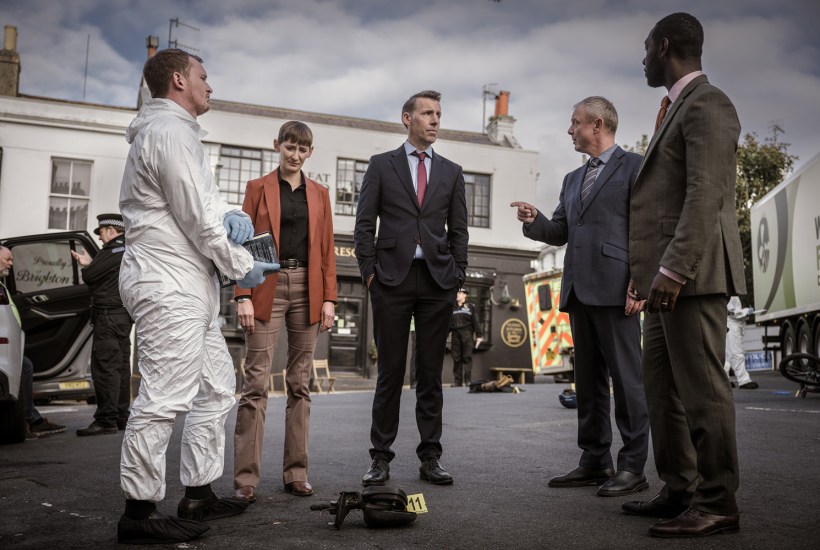
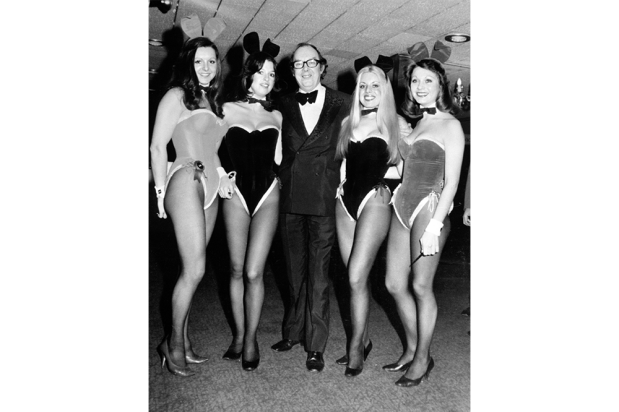
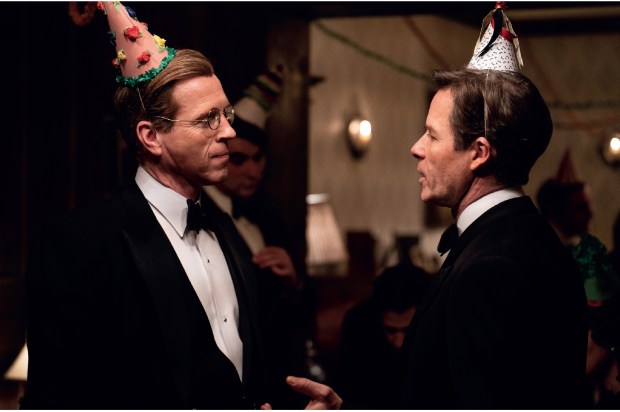

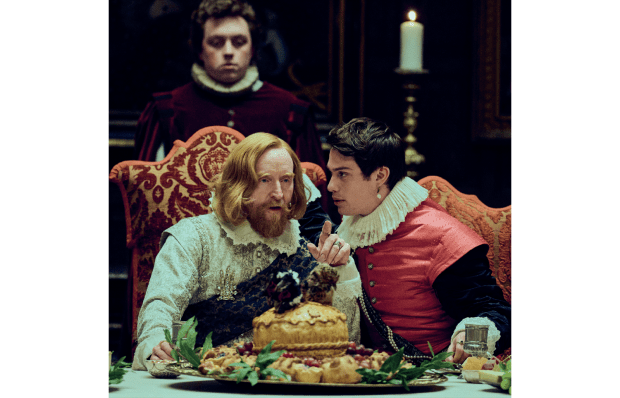
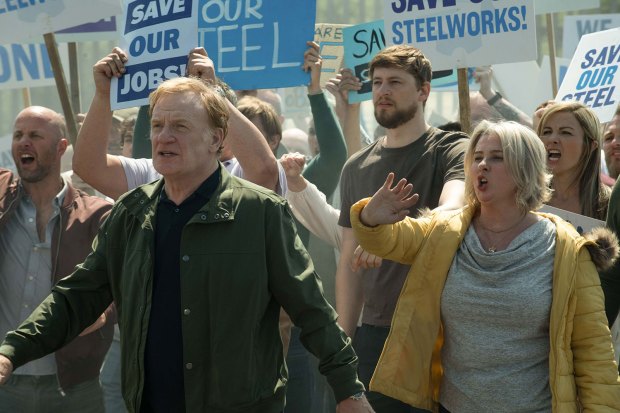







Comments
Don't miss out
Join the conversation with other Spectator Australia readers. Subscribe to leave a comment.
SUBSCRIBEAlready a subscriber? Log in